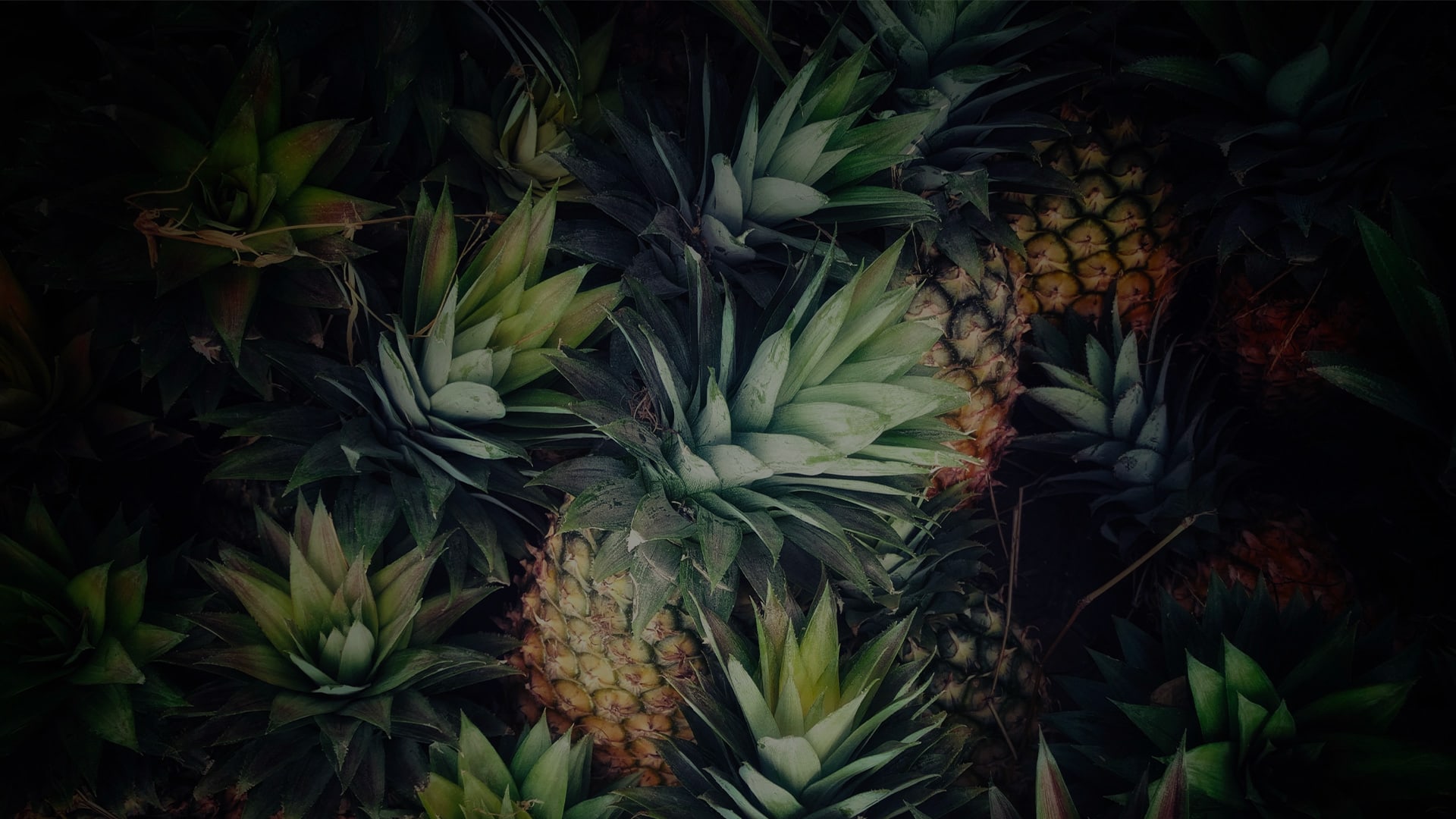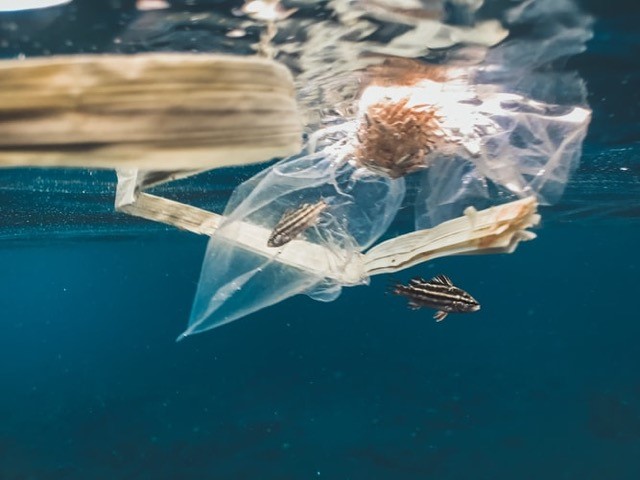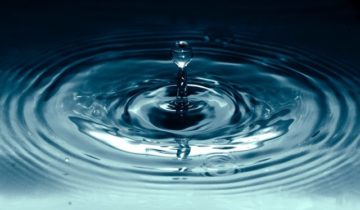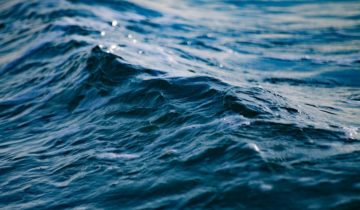# 9 Eco-tips, water pollution
Through this series of articles, we will offer you a weekly insight into the ecological impact of clothing production around the world. With LO NEEL, we are committed to the planet, our Mother Earth, which welcomes and shelters us. We refuse to take part, from near or far, in its pollution, degradation and destruction.
It seemed important to us to denounce abusive practices but also to propose sustainable solutions on a daily basis. We hope that this information will help you to better understand the underbelly of mass production in the fashion industry.
The LO NEEL team also accompanies you in an individual ecological awareness, by proposing to each article of this series of eco-tips to be carried out daily. By following them, this will allow you to have a healthier and more ethical behaviour and consumption.
Here is the eco-tips # 9!

20% of industrial water pollution comes from the textile industry through production and dyeing.
200,000 tonnes of dyes are discharged into watercourses every year.
Solution: choose garments made of organic or natural fibres that do not require chemicals to be manufactured.


Through LO NEEL parts, we offer a plurality of innovative materials. They are all natural or recycled. We have made sure that they have been produced in a healthy and ecological way. This method of production does not require chemicals. Our parts, for example, are dyed with dyes made from natural components. Thus, the fibres that make up our parts are organic and therefore cannot pollute the planet. For example, our ANANAS jacket is made from pineapple fibre, which is made from the recovery of waste from pineapple production. The dead leaves of the fruit are recovered and reworked. Each year, there are approximately 13 million tons of waste from the global agricultural production of pineapples. If we used the waste from the 10 most pineapple-producing countries, we could theoretically replace about 50% of global leather production without planting a single pineapple. This natural and 100% organic fibre does not require chemicals to be produced.
On a daily basis, we advise you to pay attention to the behaviour of the companies you solicit. River pollution is unfortunately widespread. Indeed, it pays for companies to have their waste treated. This explains the wild deposits in nature, forests or rivers. Beware of the greenwashing practices used far too often to attract consumers.








